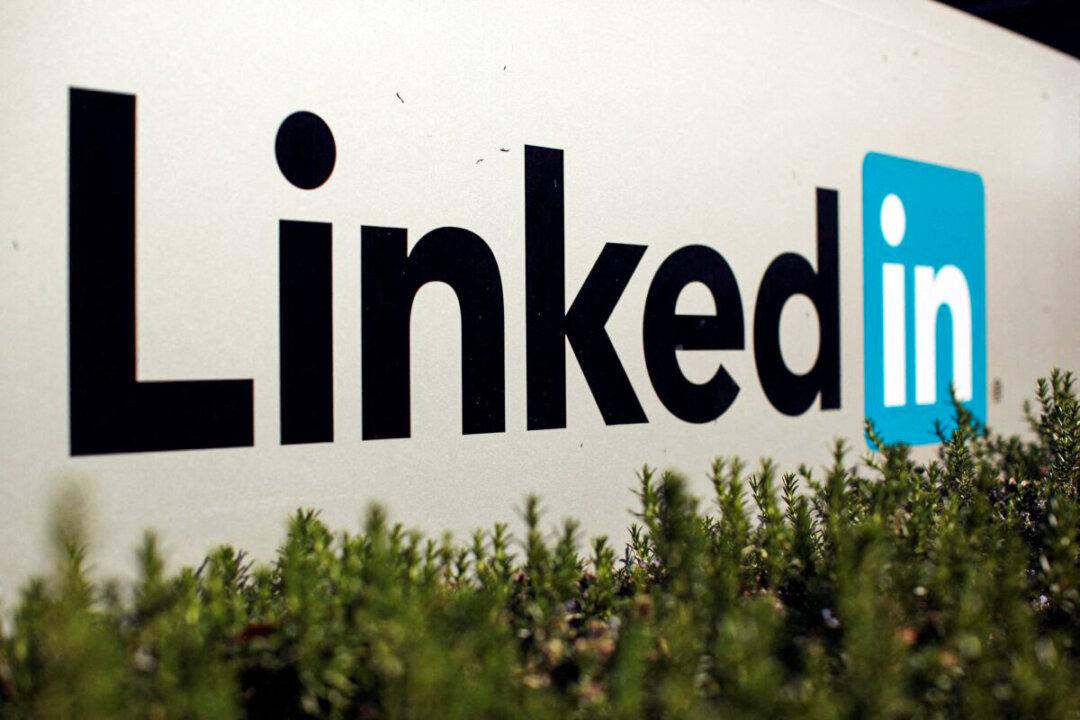LinkedIn ran undisclosed social experiments on more than 20 million users for five years, testing the importance of weak associations or acquaintances in the process of positively affecting an individual’s job mobility.
“The authors analyzed data from multiple large-scale randomized experiments on LinkedIn’s People You May Know algorithm, which recommends new connections to LinkedIn members, to test the extent to which weak ties increased job mobility in the world’s largest professional social network,” said the study abstract, published on Sept. 15 in the journal Science.





